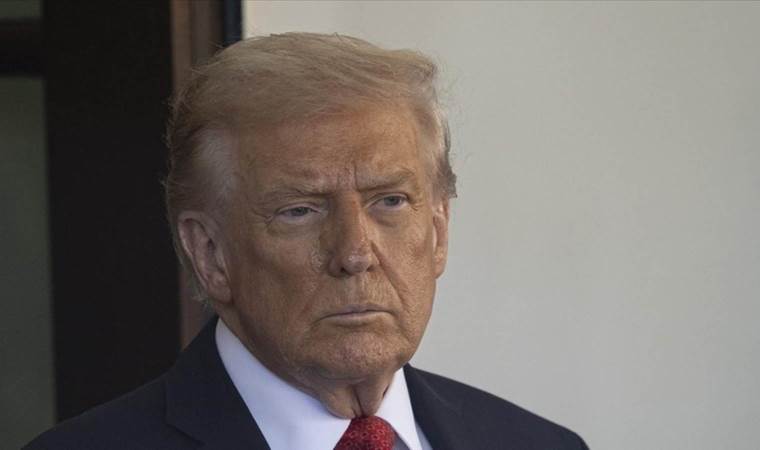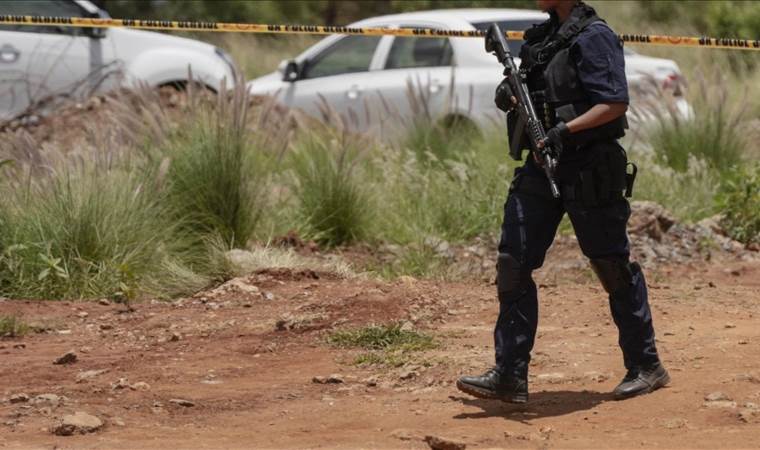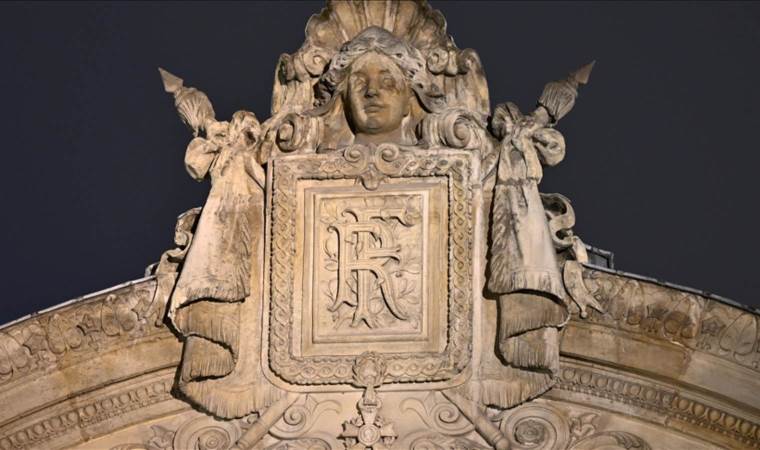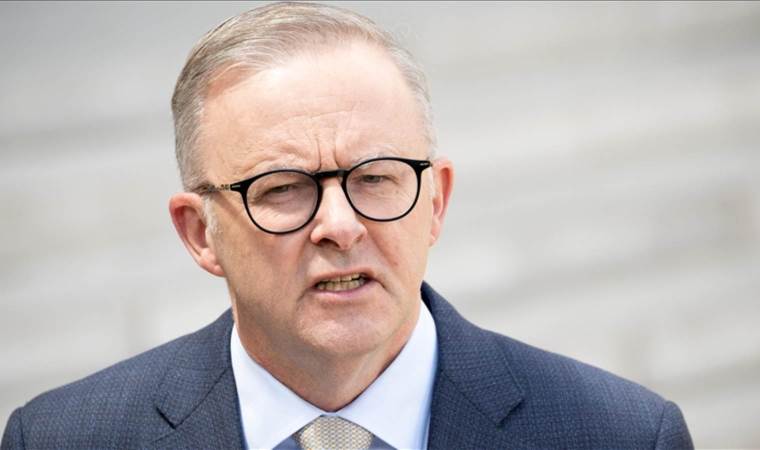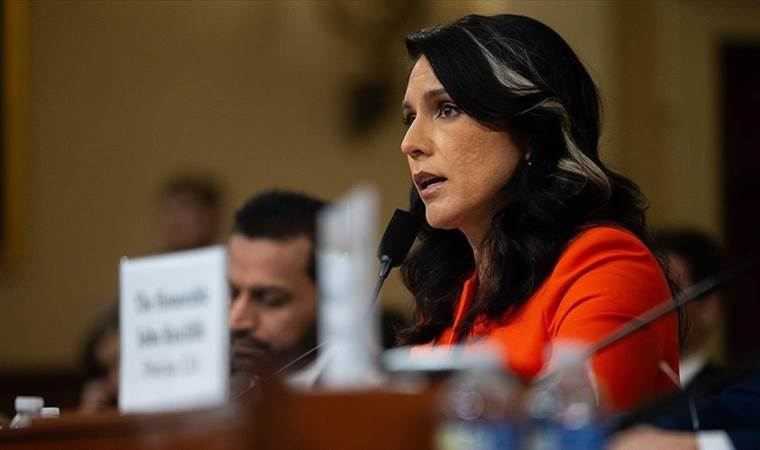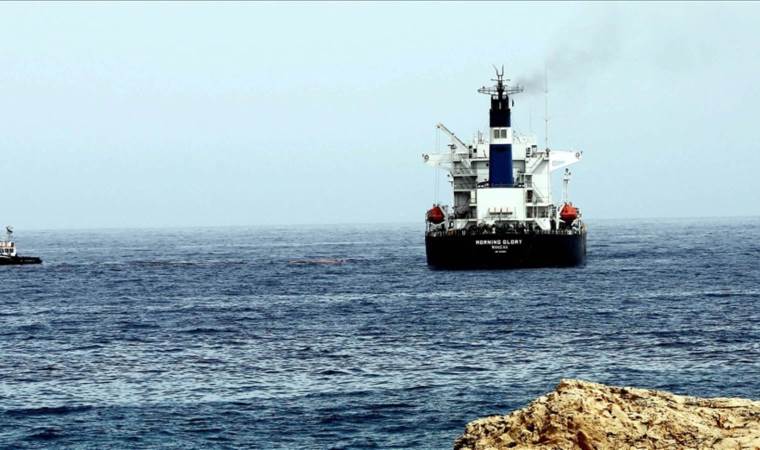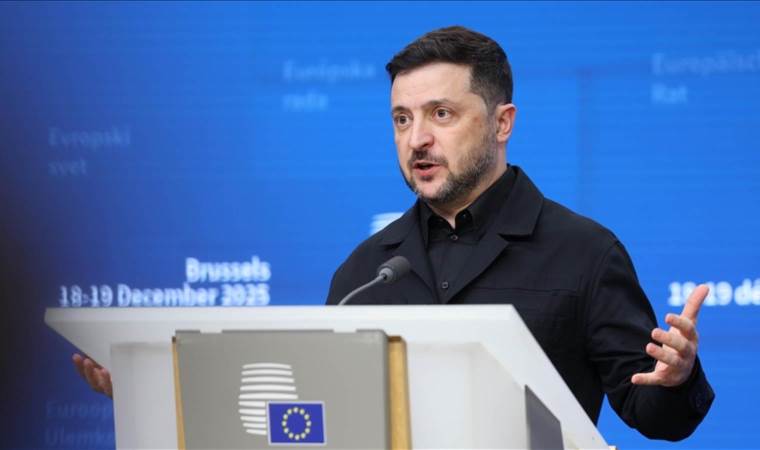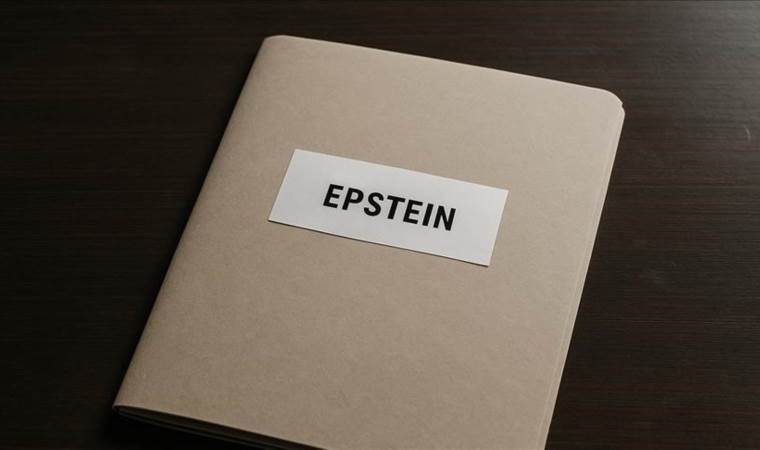Authors Columns of the Day Sport Guest Life All Authors
CHP's Vision for Change
Following the 38th congress of the CHP (the Republican People's Party), which ended up with the election of a new chairman, a friend of mine asked, "Did you understand any of this?" Frankly, I couldn't make much sense of it either. What did Kılıçdaroğlu hope to achieve by not resigning immediately after the election defeat?
How would the CHP's grassroots supporters come to terms with this latest loss? Expectations had been so high leading up to the vote that the defeat was bound to provoke a reaction.
And so it did.
Kılıçdaroğlu's subsequent claim of being "stabbed in the back" didn't quite align with his image.
Fortunately, Ekrem İmamoğlu and Özgür Özel acted judiciously and prevented the emergence of a negative atmosphere post-election.
The İmamoğlu side, in response to Kılıçdaroğlu's hesitant approach, has yet to clarify their vision of change. At the moment, there is no clarity on this matter, but it's widely acknowledged that change is inevitable within the CHP.
The new leadership of the CHP is awaiting the first local elections. After these elections in March 2024, the government appears to be aiming to execute its transformation of Turkey without elections for a five-year period.
However, it's unlikely that the government, struggling with substantial issues, can sustain this extended election-free phase. As a result, expecting Turkey to shift away from the electoral environment even after March 2024, is unrealistic.
The upcoming period is anticipated to be marked by heightened tension.
The AKP (The Justice and Development Party) appears steadfast in its refusal to adhere to democratic norms, ensuring a hardening of the political struggle in the coming days. Tensions are likely to escalate, even against the opposition's wishes, as street events reshape the political landscape. The CHP's previous mode of opposition might prove insufficient under these circumstances, while the government's rejection of democratic norms could lead to grave developments.
Given Turkey's location in a region rife with conflicts, politics inevitably needs to be more intertwined with the people. The CHP's previous political structure lacks the adaptability required to tackle the challenges in the region.
As Turkey's national issues acquire international dimensions, it's imperative for the opposition to align its politics with new necessities, underscoring the magnitude and depth of the required changes.
The government bears a comparable responsibility. However, it would be overly optimistic to expect the government, which has lost control of vast problems and faces bankruptcy in multiple aspects, to fulfill its duties regarding Turkey's survival.
The region in which Turkey is situated magnifies problems faced by all nations, including Turkey. In its early Republic years, Turkey steered clear of the region's problems, safeguarding its structural integrity. It opted not to involve itself in the regional structure that jeopardized stability and trust, remaining a geographically Middle Eastern but structurally modern society, in line with the motto "peace at home, peace in the world."
However, with the AKP's policies seeking to undo the gains of the Enlightenment and secular Republic, Turkey has taken on a more Middle Eastern identity.
To ensure the sustainability of politics in Turkey amid such an environment, restructuring is indispensable. Change is a challenge that concerns everyone.
Yazarın Son Yazıları All Columns
Günün Köşe Yazıları
Most Read News
-
 Trump to be presented with new plans to attack Iran duri
Trump to be presented with new plans to attack Iran duri
-
 10 killed, 10 others wounded in tavern shooting west of
10 killed, 10 others wounded in tavern shooting west of
-
 French presidency welcomes Putin's willingness to hold t
French presidency welcomes Putin's willingness to hold t
-
 Australia’s Albanese announces intelligence review follo
Australia’s Albanese announces intelligence review follo
-
 Russia lacks capability to conquer Ukraine or Europe: US
Russia lacks capability to conquer Ukraine or Europe: US
-
 US seizes oil tanker last docked in Venezuela
US seizes oil tanker last docked in Venezuela
-
 US offers trilateral meeting with Russia, Ukraine, says
US offers trilateral meeting with Russia, Ukraine, says
-
 Some Epstein documents, including Trump photo, reportedl
Some Epstein documents, including Trump photo, reportedl

